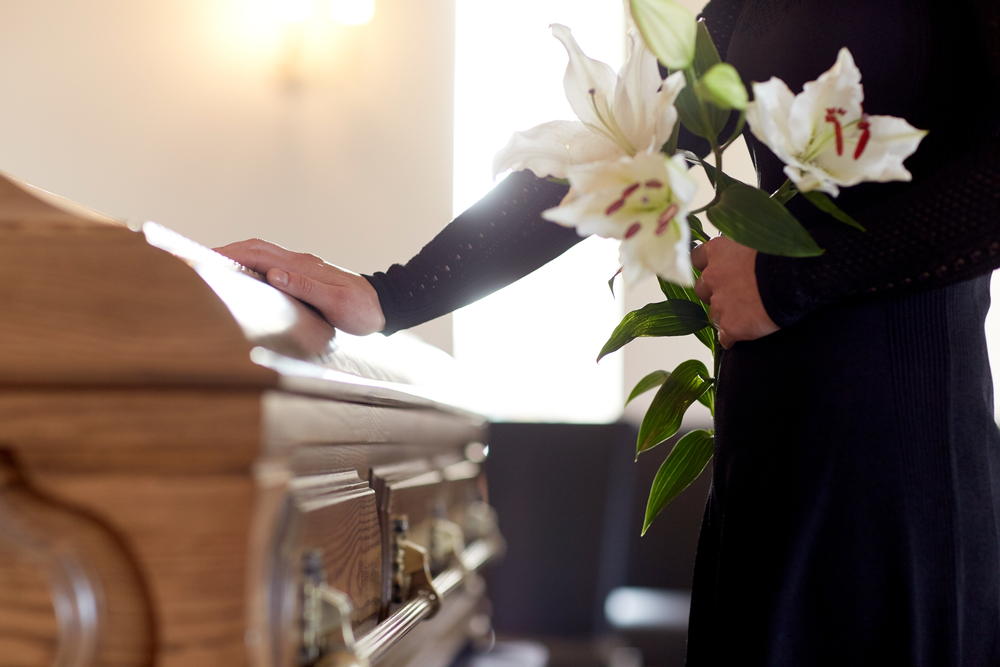You and your husband or wife seem to fight about everything. You are constantly in conflict. Maybe someone has even floated the possibility of filing for a divorce. Before you give up on your relationship, you may want to consider marriage counseling as a technique that works for couples in conflict.
Marriage Counseling Helps Spouses Improve Emotional Health
If you and your spouse are in conflict or considering divorce, you may not believe marriage counseling will work. You may worry about the therapist siding with your spouse or giving him or her permission to leave the relationship.
It is true that years ago, someone did a survey suggesting that over one third of couples in marriage counseling ended up getting a divorce. However, this study was a result of focusing on therapists without the training and skills to meet couples where they are and teach them the tools they will need to stay together. At the same time, 67% of couples using a different approach to marriage counseling saw significant improvements in their relationship.
More recently, the American Association of Marriage and Family Therapy reported that 90% of couples who try marriage counseling felt their emotional health was improved by the process. This shows that marriage counseling works if you and your spouse are committed and you find a therapist who uses techniques well suited to your situation.
Communication is Key for Couples in Conflict
Couples come into conflict over a variety of issues, from infidelity to financial troubles. However, the core of most marital difficulty is poor communication. You need to able to explain your feelings and your goals for the relationship and listen to your partner’s responses. In most cases, marriage counseling involves teaching you and your partner techniques to improve communication. By using the same strategies, and the same language, you and your spouse can signal to each other when the conversation is important and increase your chances of dealing with a difficult discussion without conflict.
Marriage counseling also gives partners a safe space to talk about their problems and listen to each other’s concerns. For many couples, the need to openly communicate their concerns can be overcast by the urge to avoid fighting in front of the children, conflicting work schedules, or even simple day-to-day routines. By setting aside time with a professional therapist to facilitate the conversations, couples give themselves permission to interrupt their routines and talk about the important issues causing conflict in their marriage.
Marriage Counseling Success Depends on Each Spouse’s Commitment
While most participants feel their emotional health is improved by couples’ therapy, that doesn’t mean the treatment will save every marriage. When marriage counseling doesn’t work, it is often because one or both spouses are not committed to the process. They may already have made up their mind on divorce, not be willing to put in the time or effort, and feel they are not contributing to the problem.
Your psychotherapist can help both spouses identify their roles in the relationship and learn strategies to avoid conflict and resolve disputes. However, no one can “fix” a person who is set against it. This does not mean the marriage counseling has failed. In those cases, the right choice may be to identify that the marriage is unhealthy and work toward a conflict-free end to the relationship in a way that respects the individual interests of each partner.
Timing is Everything for Spouses to Avoid Divorce
Therapists are often the last line of defense for couples hoping to save their marriage and avoid divorce. However, waiting too long only hurts the chance of having marriage counseling work for your relationship. The longer you and your spouse avoid getting help, the more likely it will be that one spouse will have already given up on the relationship. Once that happens, it can be hard to get that partner to opt back into the hard work of fixing what has been broken.
Marriage counseling can be preventative, not just curative. It can help you and your spouse learn ways to avoid conflict, rather than digging out from under a mountain of hard feelings after the fact. The sooner you seek out a therapist’s help, the healthier your relationship will be.
David Stanislaw is a psychotherapist with over 30 years of experience. He helps individuals and couples learn strategies for minimizing conflict in their relationships. Contact David Stanislaw to get help today.


 Breaking the Cycle: Healthy Parenting Tips for PTSD Survivors
Breaking the Cycle: Healthy Parenting Tips for PTSD Survivors How Bereavement Counseling Helps with Loss
How Bereavement Counseling Helps with Loss Long-Distance Relationships and Loneliness
Long-Distance Relationships and Loneliness